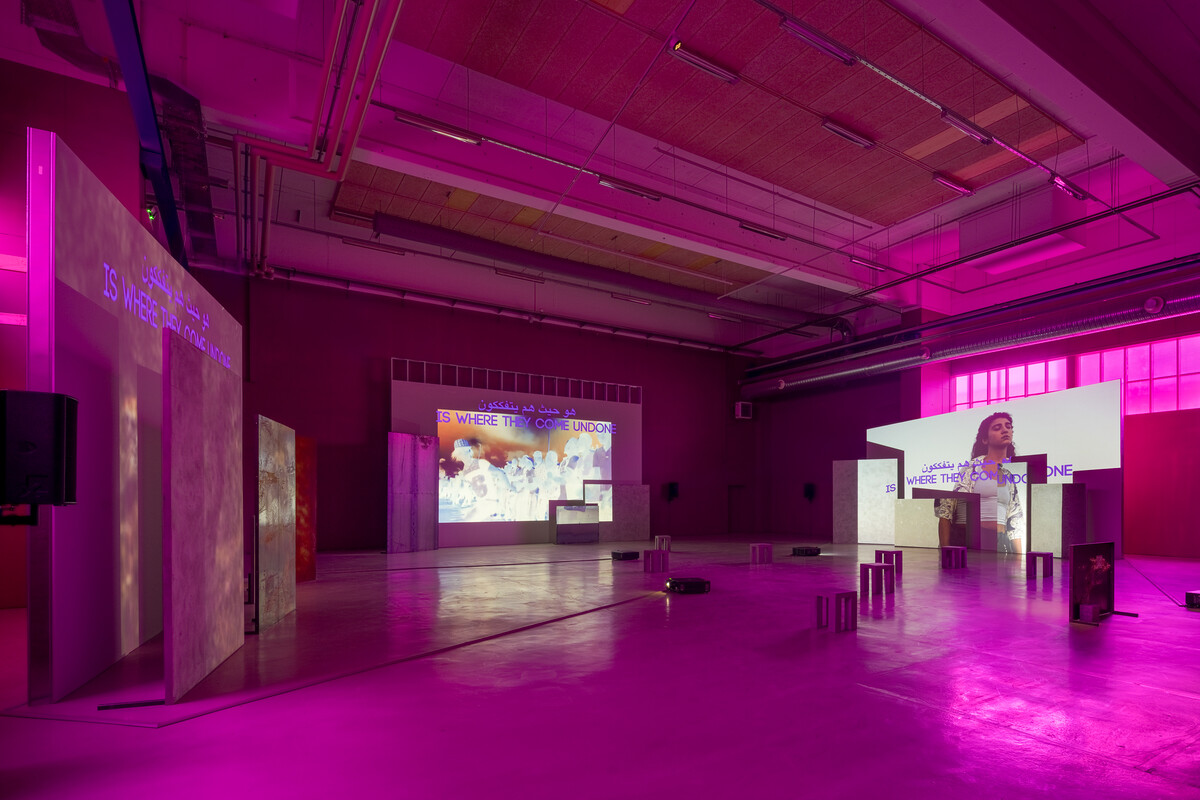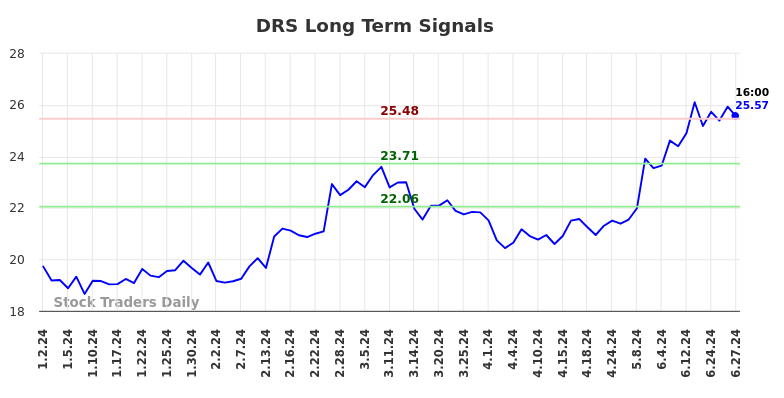Basel Abbas & Ruanne Abou-Rahme: The song is the call, and the land calls – Announcements

Copenhagen Contemporary
Refshalevej 173A
1432 Copenhagen K
Phone: +45 29 89 80 87
New Carlsberg Glyptotek
Dante’s Place 7
556 Copenhagen V
Phone: +45 33 41 8 141
With their thought-provoking and visually stunning works, Basel Abbas and Ruanne Abou-Rahme fill two of Copenhagen’s largest art institutions with electronic soundscapes, sampled archival material, 3D-printed ancient masks and images overlaid with poetic texts. The two-part exhibition, The song is the call and the land callsshown simultaneously in both institutions, addresses the deep connection between cultural heritage and identity, drawing connections between narratives of struggle and shared dreams of liberation in different countries, with different histories and political contexts. The exhibition is the second in a three-year collaboration between Copenhagen Contemporary and Glyptotek.
At the heart of Basel Abbas and Ruanne Abou-Rahme’s artistic work is a deep investigation of collective memory and the power of cultural expression. With their backgrounds in sound and experimental film, Basel Abbas and Ruanne Abou-Rahme have developed an internationally recognized body of work that encompasses video, sound, image, text, installation and performance. Their works often emerge as long-term research projects and unfold as immersive, multi-layered media installations that explore themes of collective spirit, belonging and self-determination amidst histories of loss, violence and displacement.
The song is the call and the land calls presents several of Abbas and Abou-Rahme’s most important works in new and expanded versions. Unfolding between erasures and reemergences, dispossession and resistance, colonial histories and attempts to find new livelihoods, the exhibition explores how stories of collective resilience resonate in our contemporary cultures. By calling their works a “poetics of resistance,” the artists underscore their ongoing interest in how marginalized communities, despite living in oppressive political systems, can mobilize hope and collectively foster new social and political potentials.
With this year’s exhibition, Copenhagen Contemporary and Glyptotek aim to explore the deep connections between cultural heritage and identity and ask: what place and power does cultural heritage have when imperialist and colonial powers threaten to uproot and wipe out entire communities from a country? How can the perception of cultural heritage be strengthened, not only as a relic of the past, but also as an intangible culture that acts as a living testimony to humanity’s resilience and ingenuity? And how can cultural heritage be a matter of human rights and freedom of self-determination?
The works in Copenhagen Contemporary
At Copenhagen Contemporary, Abbas and Abou-Rahme present three collaborative works: the immersive multi-channel sound and video installation May amnesia never kiss us on the mouth: only sounds that trembled through us (2020–22), the sculptural installation Where the soil was disturbed (2022) and the textile banner piece Low cloud hum (2023).
The central work, May amnesia never kiss us on the mouth, is a multi-part research project that examines how disintegrated communities bear witness to experiences of violence, loss, displacement, and forced migration through performance. Since the early 2010s, Abbas and Abou-Rahme have collected online recordings of people singing and dancing in community spaces in Iraq, Palestine, Yemen, and Syria. Accompanied by new sound compositions and poetic text excerpts, the work brings these recordings together with new filmic performances that the artists have conceived with dancers and musicians from Palestine.
The works in the Glyptothek
The artists present their long-term research project at the Glyptotek And yet my mask is powerful Part 1, 2, 3 (2016–18), alongside a newly commissioned work tailored specifically to the museum’s ancient collection.
And yet my mask is powerful explores ideas of empowerment and resistance through a multiscreen video work, a sound piece, and a sculptural installation. The project focuses on a collection of 9,000-year-old Neolithic masks excavated in the West Bank and surrounding areas. For many years, these masks were kept in private collections and hidden from the public until they were put on display at the Israel Museum in 2014. Visiting the exhibition online as part of a virtual tour, the artists “hacked” the masks by recreating them using 3D printing technology and then returning the copies to the ruins of some of the over 500 Palestinian villages destroyed or depopulated by Israel in 1948 as a sign of homecoming.
In a new work based on the Glyptotek’s collection, the artists 3D scanned and printed ancient idols and figurines from regions of Turkey, Syria, Palestine, Lebanon and Jordan.
The exhibition is curated by Aukje Lepoutre Ravn (CC) and Anna Kærsgaard Gregersen (Glyptotek).
biography
Basel Abbas (born 1983 in Nicosia, Cyprus) and Ruanne Abou-Rahme (born 1983 in Boston, USA) live and work between New York City and Ramallah and have been working together as a duo since 2007. The artists’ work is deeply rooted in the history and circumstances of Palestinian life and identity, and has been shaped by their upbringing in communities in Ramallah, Jerusalem and the Galilee. However, their work always goes beyond the individual, as they incorporate multiple perspectives and sources into their research, including fieldwork, oral history, personal encounters and self-written texts, historical records, archaeological finds, archival research and found footage from the internet.
Recent exhibitions include MIT List Visual Arts Center, Cambridge, MA (2024); Astrup Fearnley Museet, Oslo (2023); Museum of Modern Art, New York (2022); Common Guild, Glasgow (2022); Art Institute of Chicago (2021) and Centraal Museum, Utrecht (2020). Their work has been featured in major international biennials including Sharjah Biennial (2023, 2015); Berlin Biennale (2022); Busan Biennial (2018); Gwangju Biennale and São Paulo Biennial (both 2014); Istanbul Biennial (2013); Liverpool Biennial (2010); and Venice Biennale (2009). They have been awarded the Sharjah Biennale Prize 2015 and the Abraaj Prize 2016.
About the collaboration
Hosting Histories: Rethinking the Cultural Heritage of the Middle East and Beyond is a three-year partnership between Glyptotek and Copenhagen Contemporary that reconsiders the cultural heritage of antiquity and its significance today.
Exhibition period
Copenhagen Contemporary: 14 June–29 December
Ny Carlsberg Glyptotek: 14 June–20 October



